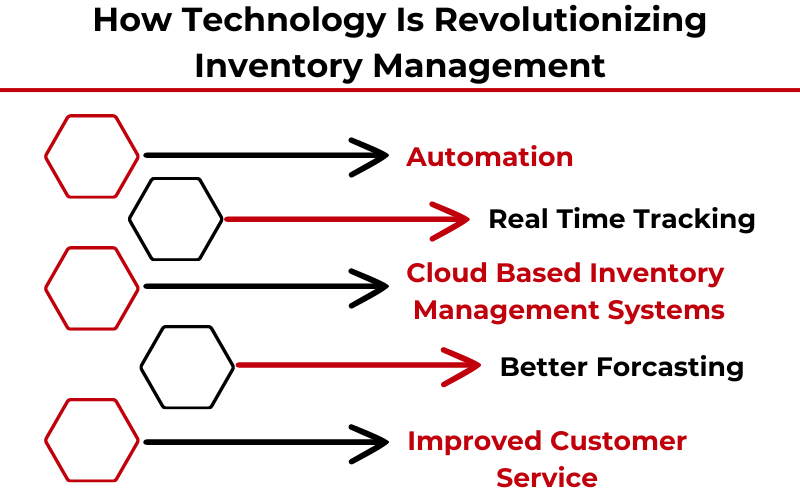RFID Inventory Management Unlocking Efficiency
Posted on juin 5, 2024In the dynamic landscape of modern retail and warehouse management, staying ahead in inventory management is crucial. Radio-Frequency Identification (RFID) technology has revolutionized inventory management by providing real-time insights into product movements and locations. This innovation streamlines operations, enhances accuracy, and boosts efficiency across supply chains.
Maximizing Efficiency with RFID Inventory Management
RFID technology automatically recognizes and tracks tags affixed to things using electromagnetic fields. This capability is particularly transformative in inventory management, where precision and speed are paramount. With RFID, businesses can track products from the production line to the sales floor in real-time, providing a level of visibility that was previously unattainable.
Discover how RFID technology’s real-time tracking capabilities enhance inventory accuracy and streamline operations in our detailed analysis of its benefits

For instance, RFID can increase inventory accuracy up to 99.5% and reduce retail out-of-stocks by up to 50%, according to a study by the RFID Lab at Auburn University (Thomasnet) . These numbers not only highlight the efficiency of RFID systems but also underscore their impact on reducing revenue loss due to stock shortages.
Streamlining Operations with Real-Time RFID Insights
One of the primary benefits of RFID tracking is the significant boost in operational efficiency it offers. Traditional barcode scanning requires manual effort and line-of-sight for each item, which is time-consuming and prone to errors. In contrast, this type of RFID tags can be read simultaneously and without direct line-of-sight, allowing entire pallets of goods to be scanned in seconds as they move through gates or into storage areas(Prologis).
This streamlined process means that inventory can be updated in real-time, reducing the labor hours needed for manual counts and data entry. Studies have shown that implementing RFID can reduce labor costs by as much as 30%, freeing up resources for other critical operations(Arrowhub).
Enhancing Accuracy and Efficiency with RFID Tracking
The real-time data provided by RFID offers more than just operational benefits; it also empowers smarter decision-making. With continuous visibility into inventory levels and product locations, businesses can respond more swiftly to changes in demand and supply. This agility is especially crucial in industries where products have short life cycles or where sales patterns can shift rapidly.
Moreover, RFID data can help businesses prevent overstocking and understocking by providing accurate, up-to-date information on inventory levels. This capability is critical for maintaining optimal stock levels, ensuring that capital is not tied up in excess inventory while also avoiding lost sales due to stockouts.
Integrating RFID with Advanced Analytics
The integration of RFID with advanced analytics platforms is another area where its full potential is unleashed. By analyzing the vast amounts of data generated by RFID, businesses can identify trends, forecast demand, optimize reorder points, and even refine their product placement strategies based on real-time sales data(RFID Solutions Manager).
For example, by integrating RFID data with machine learning algorithms, businesses can predict future inventory needs with high accuracy, allowing for automated replenishment that further enhances efficiency and reduces the risk of human error.
The Future of RFID Tracking
As technology continues to evolve, the future of RFID in inventory management looks promising. Innovations in tag technology, such as the development of smaller, more durable, and less expensive tags, are expected to drive wider adoption. Furthermore, the integration of RFID with IoT devices and blockchain technology could provide even deeper insights and enhanced security for inventory data.(Warehouse Technology Articles | Cyzerg)
Learn how RFID fits into the broader landscape of warehouse technologies for 2025.
Embracing the Potential of RFID Technology
RFID technology represents a paradigm shift in inventory management. It offers real-time accuracy, efficiency, and insightful data. In modern markets, RFID is a powerful tool for competitiveness. It ensures efficient and effective inventory management. By unlocking RFID tracking’s full potential, companies can anticipate and adapt to future demands, staying ahead of change.